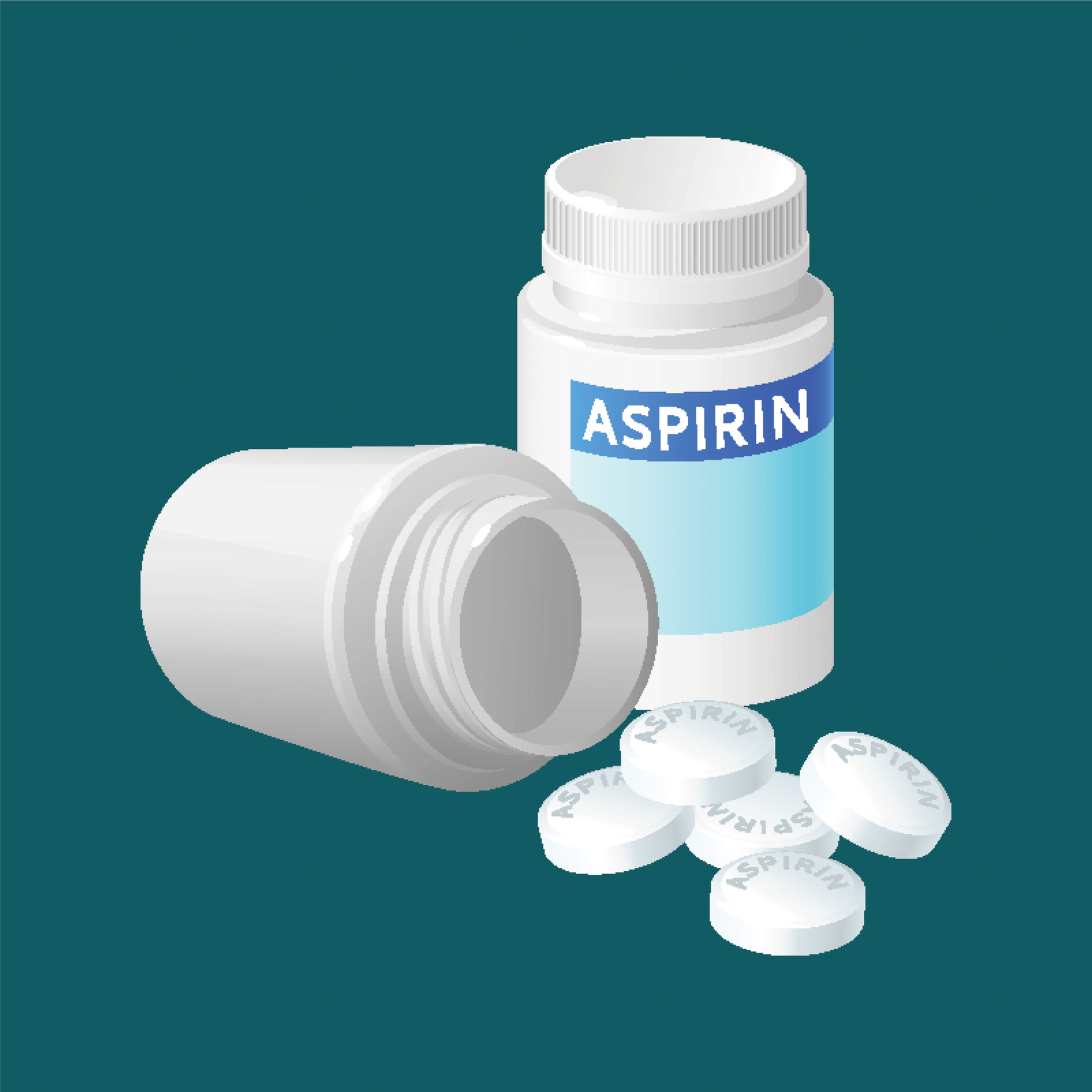Once commonly recommended by doctors for patients at high risk for heart disease and stroke, growing evidence shows that low-dose or baby aspirin may pose serious side effect risks that outweigh its benefits. The new draft guidelines by the US Preventative Services Task Force want to discourage adults over the age of 60 from starting a low-dose aspirin regime, citing concerns over the risk for bleeding.
According to a recent New York Times report, people who are already taking baby aspirin as recommended by their doctor should discuss with them the benefits of continuing using the mild analgesic to prevent heart disease and stroke.
Although aspirin helps prevent blood clots that can block arteries from forming, daily dosing can lead to an increased risk for bleeding in the digestive tract and the brain. The risk for these serious side effects increases with age. But those already taking low-dose aspirin, especially people who have already had a heart attack or stroke, should not stop taking it without first talking to their prescribing doctor. The new task force guidelines have not received final approval which is expected after November 8. Until then the panel will accept public comments on its recommendations.
The American College of Cardiology and the American Heart Association jointly amended their recommendations two years ago concerning the prescribing of low-dose aspirin. The organizations recommend baby aspirin be prescribed only for certain people between the ages of 40 and 70. High-risk adults in their 40s and 50s should talk with their doctor about whether the benefits of a daily aspirin regime outweigh the risks. Older adults also can help prevent heart attack and stroke by controlling risk factors like high blood pressure and high cholesterol. The Oldish previously brought this information to our readers in 2019.
The task force report also reverses its endorsement of taking aspirin to help prevent colorectal cancer – a leading cause of cancer deaths in the US. Conflicting studies question whether the risk for bleeding is greater than the benefit seen in clinical trials in which aspirin inhibits the growth of polyps in the colon, reducing the chances they will develop into a cancer.






Add Your Voice
0 Comments
Join the Discussion